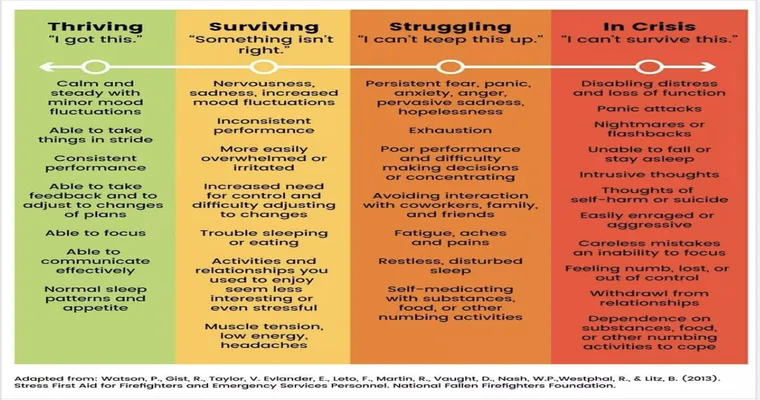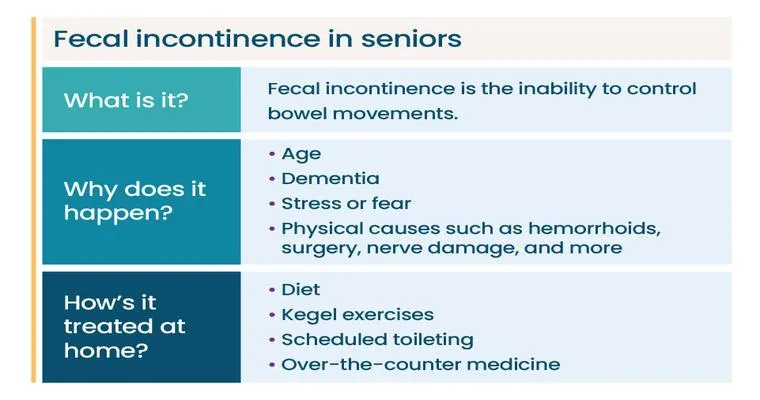Feeling "sick of my mom" can be a troubling realization, especially when coupled with the question of whether you are being overly sensitive. If you are experiencing "caregiver burnout", these feelings may stem from the emotional and physical exhaustion that comes from providing constant care. It’s crucial to assess your situation and understand these feelings to foster your well-being and the relationship you have with your mother.
Caregiver burnout is a state of physical, emotional, and mental exhaustion that can occur when you are overwhelmed by the responsibilities of caring for someone else, such as a parent. This condition often leads to feelings of frustration, anger, and resentment, even toward those you love. If you find yourself feeling "sick of my mom", it is not necessarily a reflection of your feelings toward her but rather a sign that your own needs might be neglected.
The signs of caregiver burnout can vary, but they commonly include irritability, anxiety, depression, and a sense of isolation. If you feel like you are constantly on edge or overly sensitive to your mom's behaviors, it may be a signal that you need a break. It’s essential to recognize that these feelings don’t mean you are a bad person or a bad caregiver; they signify that you need to prioritize your own mental health.
To combat caregiver burnout, consider implementing some self-care strategies. Setting boundaries is crucial. This means allowing yourself to say no when you are feeling overwhelmed. By prioritizing your own needs, you create a healthier dynamic where you can provide care without feeling resentful. Additionally, don’t hesitate to reach out for support. Whether it’s talking to friends, family, or joining a caregiver support group, sharing your feelings can lighten your emotional load.
Engaging in activities that bring you joy or relaxation can also make a significant difference. Whether it’s pursuing a hobby, exercising, or simply enjoying quiet time, these moments can replenish your energy and improve your mood. Remember, taking care of yourself is not selfish; it’s necessary.
If you continue to feel burnt out and sick of your mom, it may be worthwhile to explore professional help. A therapist can offer valuable insights and coping strategies tailored to your unique situation. They can help you navigate the complex emotions that arise from caregiving and create a plan that supports both you and your mom.
In conclusion, feeling sick of your mom during times of caregiver burnout is a common experience. Acknowledging your feelings is the first step toward addressing them. By practicing self-care, setting boundaries, and seeking support, you can manage your emotions and improve both your well-being and your relationship with your mother. Remember, you are not alone in this journey, and taking care of yourself is the best way to continue caring for others.





